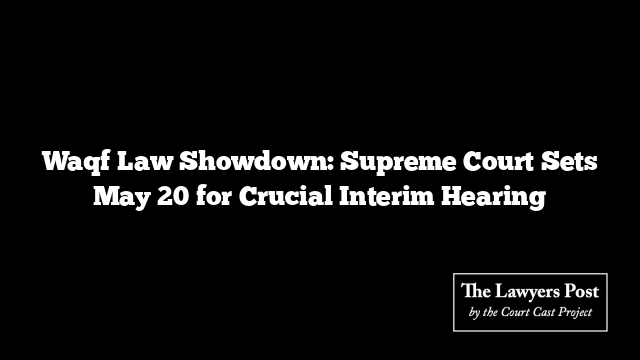The forest at Kancha Gachibowli didn’t fall in silence—and the Supreme Court has no intention of letting it stay buried under concrete plans and chopped trunks.
On Thursday, the apex court sent an unflinching message to the Telangana government: revive the decimated forest or watch your officers land in jail. The warning came during a hearing on a suo motu case sparked by the overnight felling of thousands of trees in Hyderabad’s Kancha Gachibowli, a green patch now caught in the crosshairs of real estate ambition and industrial expansion.
“This is not a matter of convenience or weekends,” Chief Justice BR Gavai said sharply, flanked by Justice Augustine George Masih. “The State must choose—either restore what you destroyed, or your officials face consequences. Prison is not off the table.”
The trees were felled over a long weekend on a 400-acre tract of land, reportedly to prep the area for auction by the Telangana Industrial Infrastructure Corporation (TGIIC), which aims to convert it into a glitzy IT hub. But critics say the land isn’t just dirt and roots—it’s an eco-sensitive forest zone, vital to Hyderabad’s air, biodiversity, and sanity.
Resistance hasn’t been quiet. Students from the University of Hyderabad, situated nearby, have put their bodies on the line, clashing with police and forming human shields against bulldozers. The Court had intervened with an interim stay on April 3, slamming the brakes on further tree-felling while demanding answers from the State.
Among the burning questions: Was there any real emergency justifying this green carnage? Did the government obtain mandatory clearances before razing the woods?
To separate fact from official fiction, the Court also roped in the Central Empowered Committee (CEC), tasking them with visiting the site and submitting a firsthand report.
The pressure hasn’t eased. In a hearing on April 16, the Court made it clear—development doesn’t get to masquerade as destruction. A status quo order on tree-felling remains in force.
The matter is set to return to the courtroom on July 23. Until then, the trees may be gone—but the reckoning is far from over.





